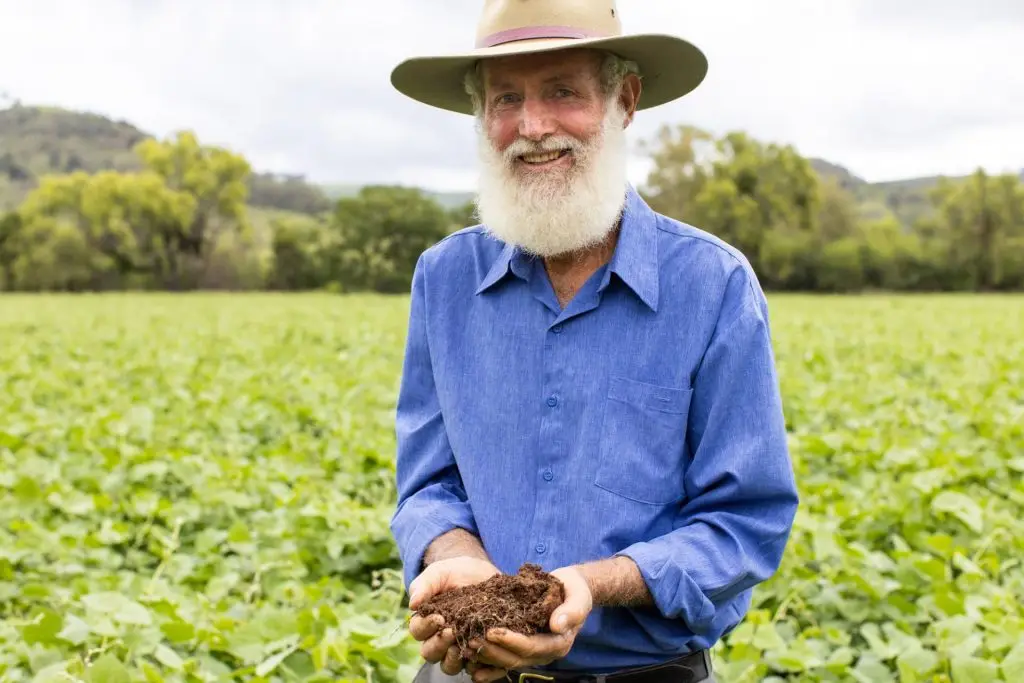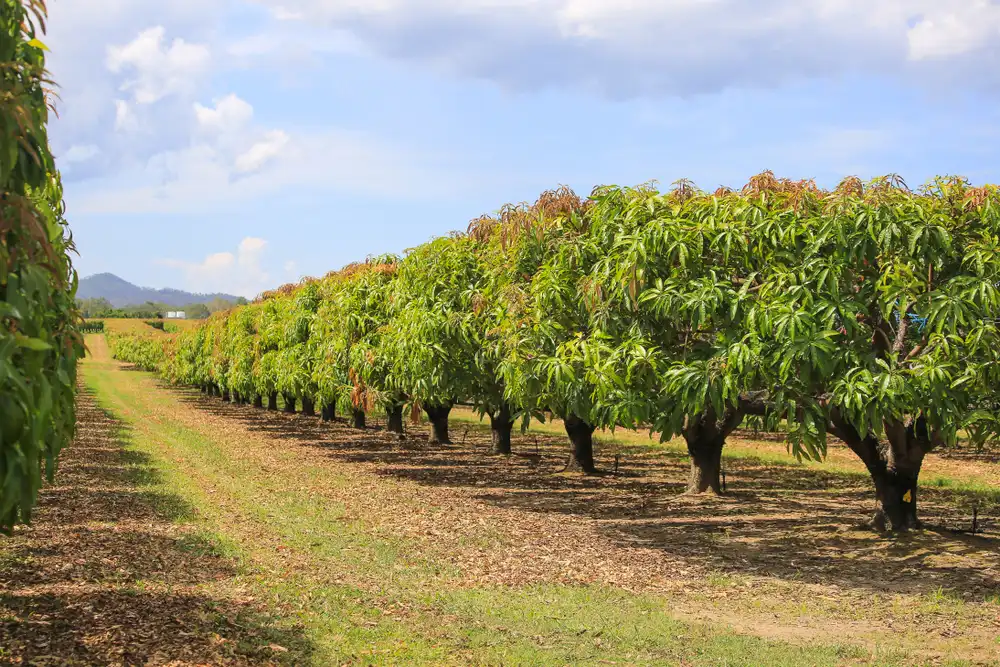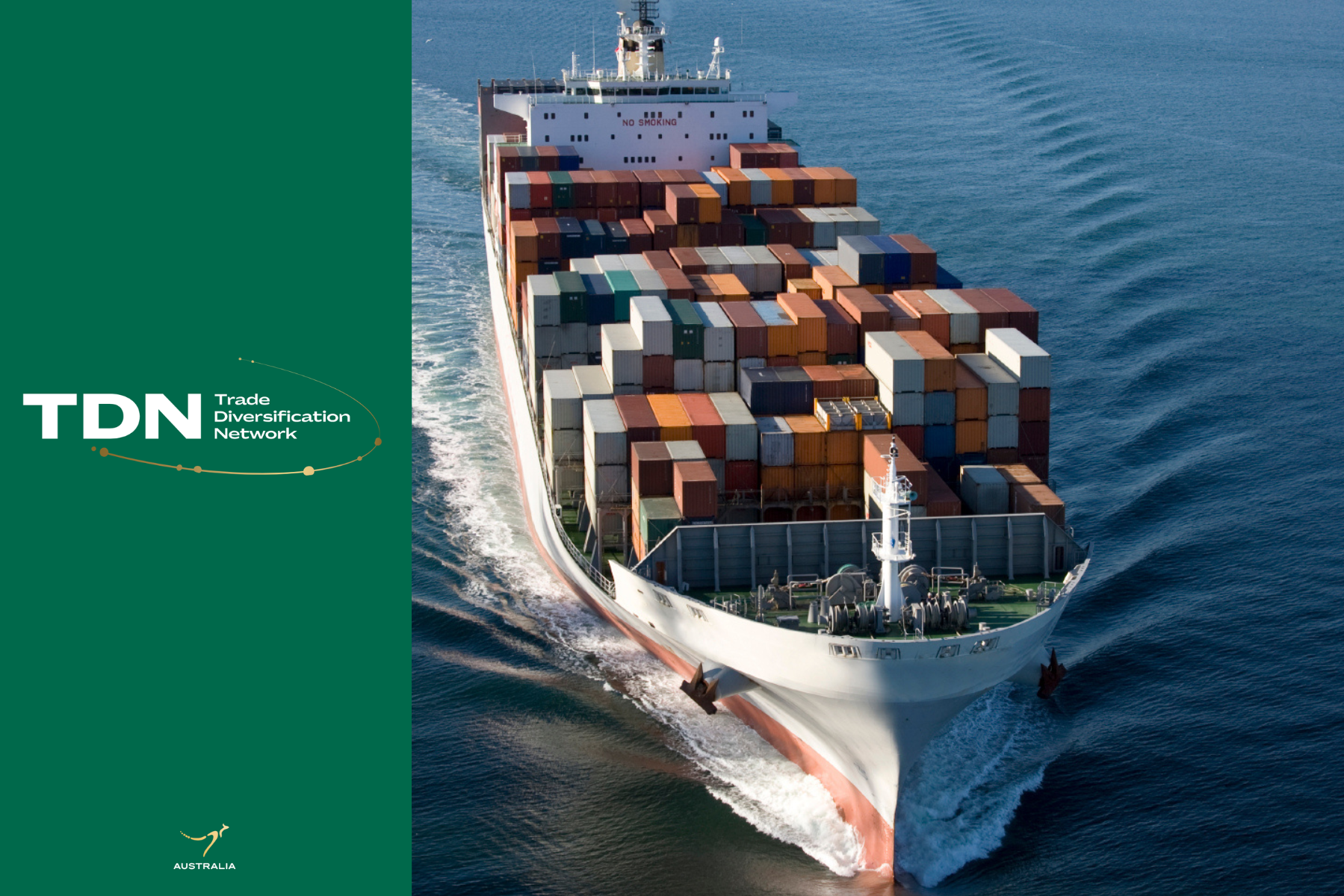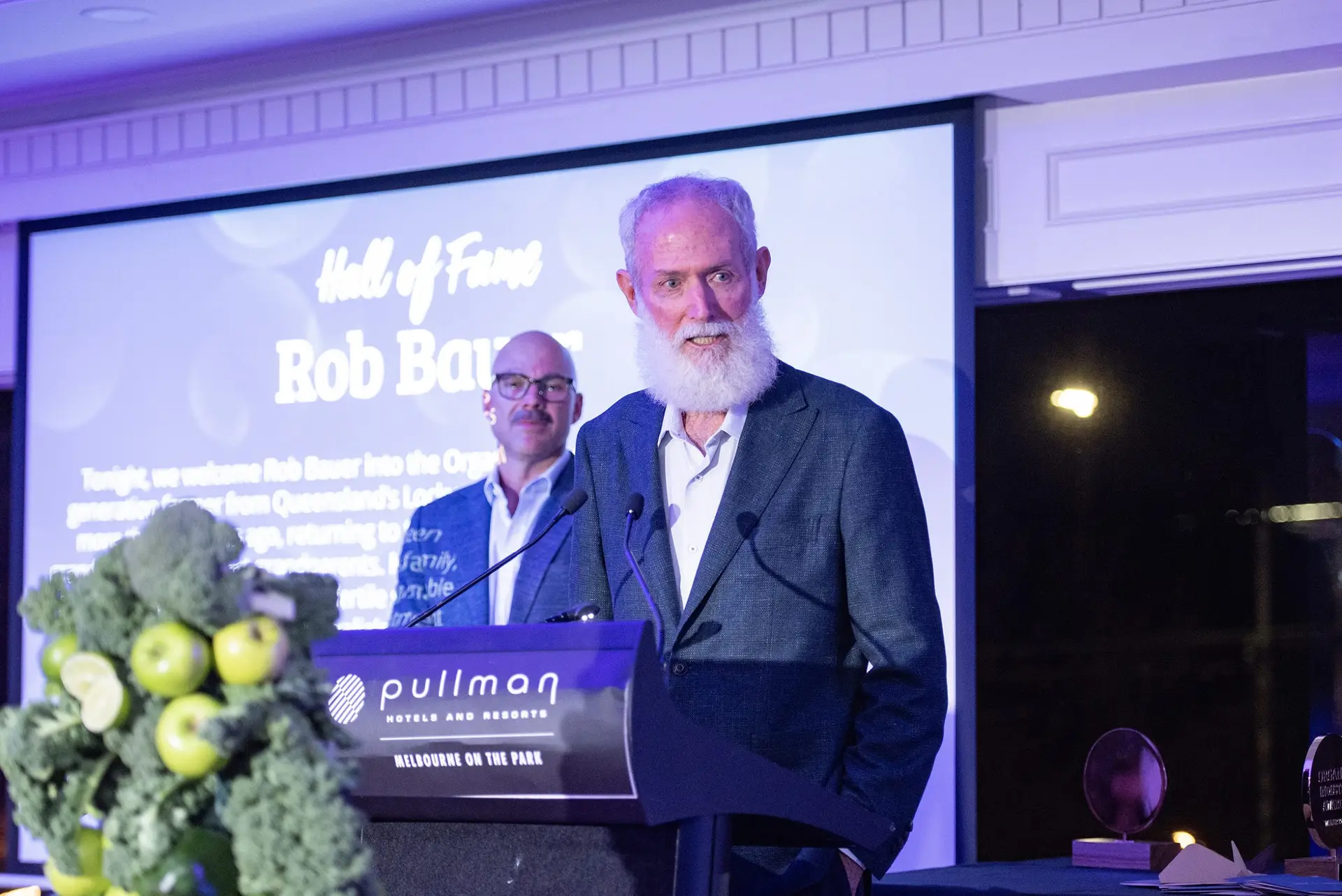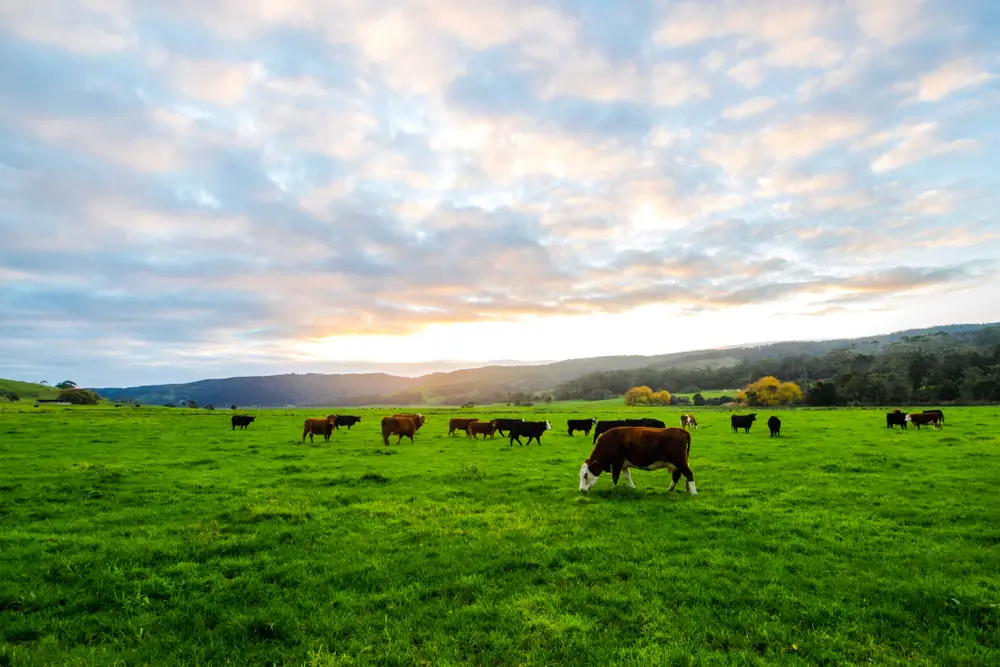Considered one of the pioneers of the organic industry in Australia, Rob Bauer is a fourth-generation farmer who began growing organically in the Lockyer Valley over 35 years ago. The Bauer family has farmed the land for over 130 years, and Rob made the decision to revert back to the traditional, chemical-free way of farming to promote a longer, healthier life for himself and his family. The result? Fertile, rich soil that converts to nutritious food.
“If you think about it, the organic journey started with the early pioneers, because there weren’t any real chemicals back then. That’s what I reverted back to thinking about when a lot of people around the area started dying in their early 50s. I say to people that see me as a pioneer, I’m not a pioneer, it was long before me; it’s just the old way of doing it.”
First settling in 1885, Rob Bauer’s great grandparents, Karl and Maria Bauer, were some of the first European farmers in the Mount Sylvia area. The Lockyer Valley region in South East Queensland provided ideal growing conditions for fruits and vegetables, with nutrient-rich soils and an abundance of wildlife.
“We were pretty lucky that my German and Irish ancestors picked out a good bit of dirt, a really good bit of dirt. In fact, it turns out to be the best dirt in the world and we’re still here.”
Rob Bauer, alongside his son Phil and fellow farmer Trudy Townson, continue the family tradition by growing delicious, certified organic fresh produce the way their ancestors did many years ago, including their award-winning Dutch Cream and Nicola potatoes.
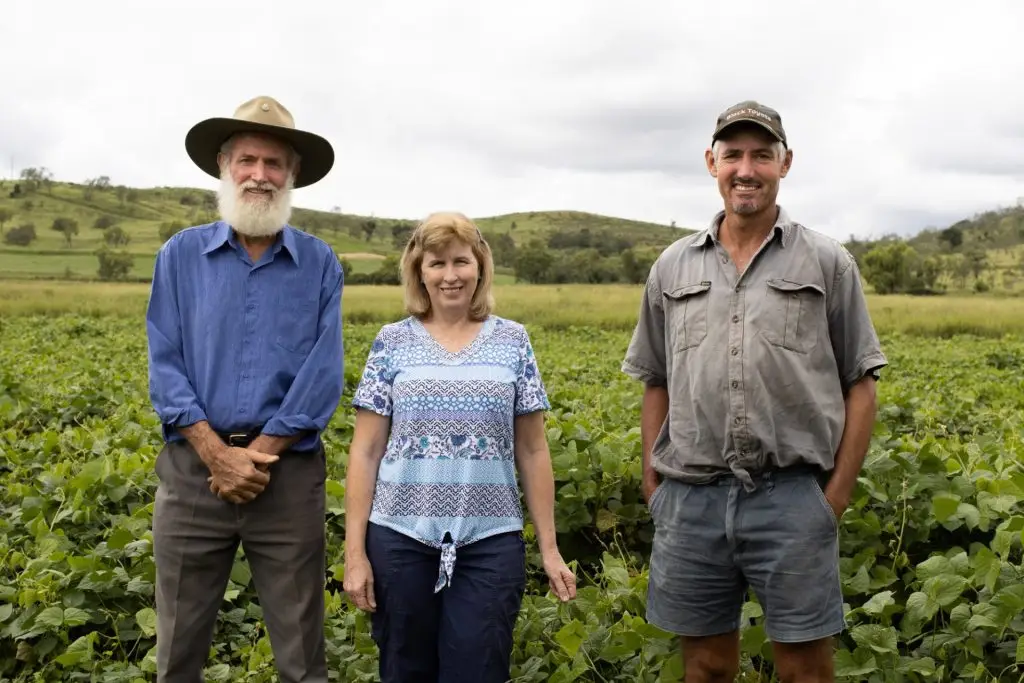
“I farmed chemically for probably 20 years of my life. I was always helping out on the farm as a kid. Then I realised I wanted to live longer than my dad, who died at 53, so I thought I better try and get a bit longer out of life than that. That’s when I changed, and I am really happy I did change.”
The Bauer’s farm is spread across several properties in the Lockyer Valley, enabling them to grow a variety of produce. Covering around 340 acres, the farm dedicates around 150 acres to cropping while the remainder is left to wildlife. Bauer’s Organic Farm is registered with Landcare Australia and as a Land for Wildlife Property – a voluntary program that encourages landholders such as farmers to manage and protect wildlife on their property. There are now around 7,000 Land for Wildlife members in South East Queensland.
During non-cropping periods, the farm uses cover crops such as Dolichos Lablab to protect the soil between plantings. The Lablab (a nitrogen-fixing legume) is harvested and used for organic mulch when planting is ready to commence. Cover crops help to protect the soil from erosion and sun damage and keep the soil nutrient-rich to assist with water retention. Once the cover crops have been removed, the crops can be planted straight into the soil without the need for fertiliser.
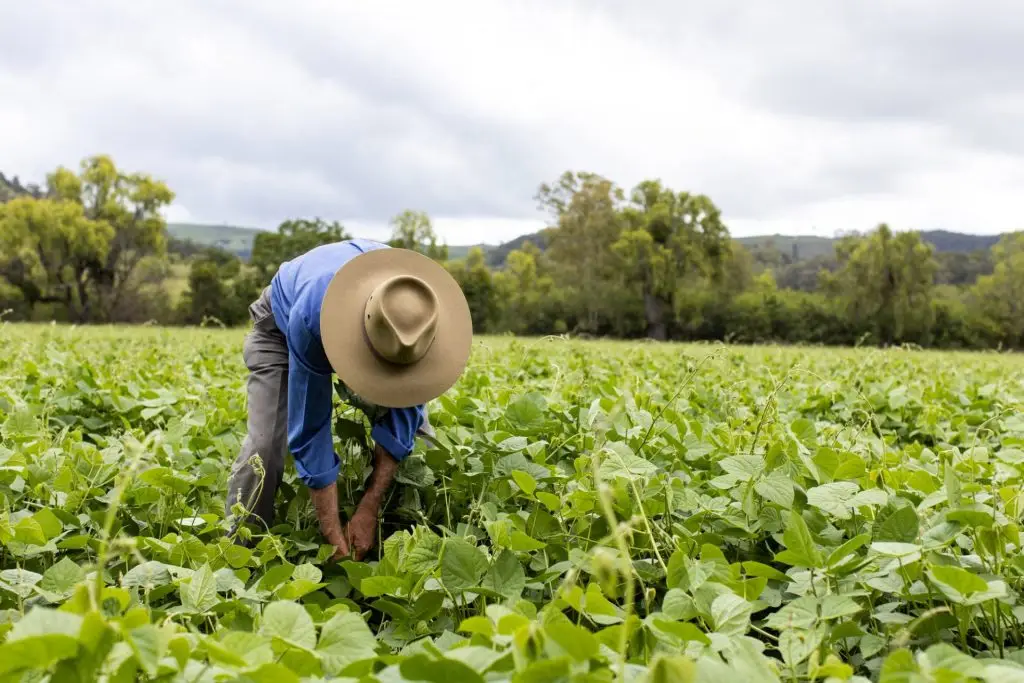
Before the pandemic, the farm hosted regular school tours, Landcare tours, senior clubs, University students and international visitors including Arabian Sheiks and Dubai royal chefs – providing a tour of the farm and allowing visitors to try fresh organic produce. The farm has hosted over 33,000 visitors over the years and has caught the attention of several celebrity chefs including Alistair McLeod and Kylie Kwong, who have both featured Bauer’s organic produce in their cooking.
Bauer’s Organic Farm has been certified organic since the early 1990s, and has borne the Bud logo ever since. Produce from the farm goes to organic customers all over Australia via organic wholesalers in each state.
“I think organic certification is extremely important because it is the guarantee to shoppers that there is some authority keeping check on it.
“The Bud means a lot to me, it always has, and to our organisation over the years. We should be promoting the Bud. It’s just a simple, innovative symbol that a lot of people recognise now and it would be good to see it promoted and used more from my point of view.”
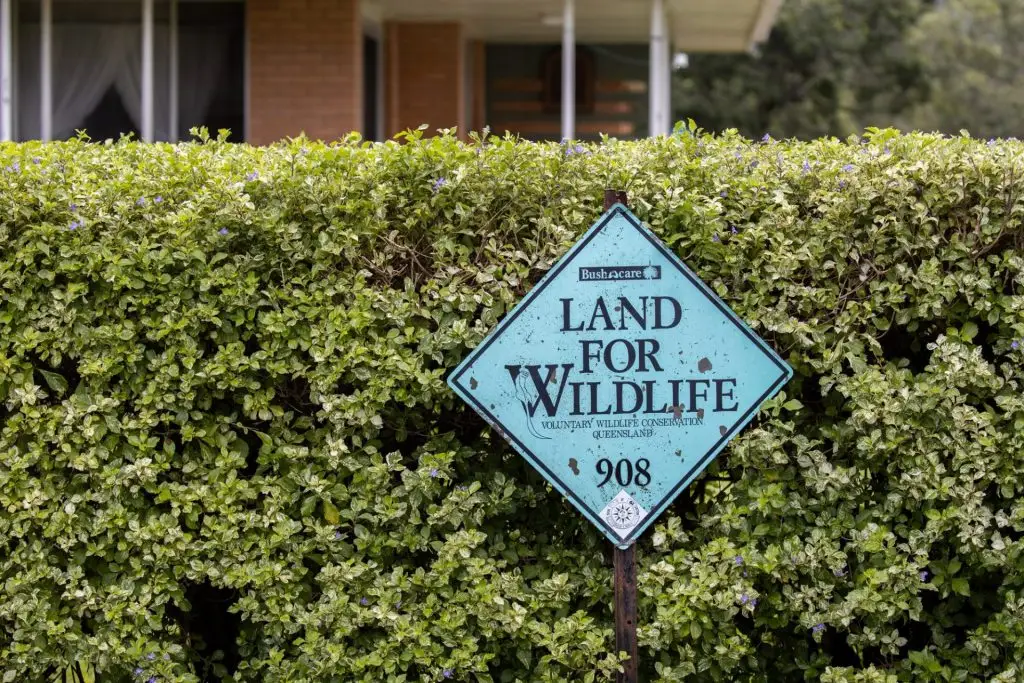
Rob believes there is a big future for the organic industry and encourages other growers to consider converting to organic and researching the opportunities currently available in the sector.
“My advice has always been to producers that are looking to be certified organic to grow in soil and climate that suits what they want to grow and to see if there is some market for what they are wanting to grow. Research the market and make sure that there is someone definitely going to take your product at a reasonable price. If you can’t do that you will be out of business very quickly. You have to be sustainable.
“There’s a big future in the organic industry. It’s growing steadily, from what I’ve seen it is growing around 15% per year and a lot of growers are increasing their growths by that too. There are some small lines that are becoming too small for the bigger growers to grow, and this is where people can start off in the industry – or begin working for an organic farmer. It’s not always that easy. Farming in general isn’t easy. You may just need a bit of help into it.”
Learn more about Bauer’s Organic Farm on their website: bauersorganic.com
